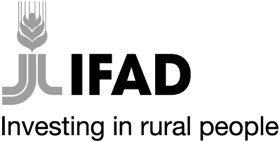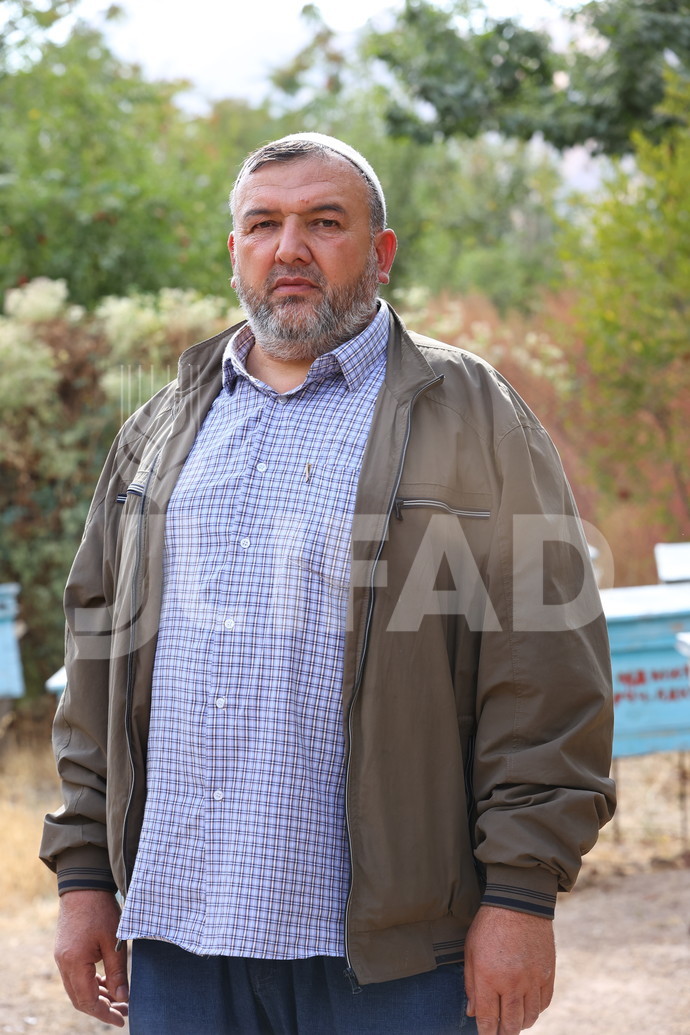| ID: | 86197 |
|---|---|
| Country: | Tajikistan |
| Title: | Tajikistan - Community-based Agricultural Support Project (CASP) - October 2023 |
| Description: |
Abdugafor Sharafov is the leader of the eight member Common Interest Group for beekeeping in Chal Chal Village in central Tajikistan’s Norak District. Abdugafor expressed his gratitude for the support CASP has provided to his village. The project has provided running water for most households in the village so that people – and even the bees – no have clean drinking water. And CASP has supported other activities in the village, such as helping women preserve fruits and vegetables and grow vegetables in greenhouses as an income-generating opportunity and to increase their food security. Abdugafor and his brother, Ibodulla (one of the group’s members) learned beekeeping from their father and have been keeping bees for more than 50 years. CASP provided them with eleven hives, as well as a honey separator and other tools, to help build a viable business. By multiplying their bee families, they now have a total of 27 hives. Since 2017, Abdugafor and Ibodulla report feeling the significant impact of climate change. Winters are dryer and summers are hotter. With less moisture and less nectar for the bees to feed on, honey production is down. But they continue to care for their bees and increase the number of hives. With most households now with running water, people are planting fruit orchards and vegetable gardens that provide alternative food for the bees. In the spring months of March through May, the brothers start visiting the bees every day, talking to them, calming them, checking their health. And this is the time when they reproduce bees, introduce a new queen bee in some of the hives, and add frames to the hives (up to a maximum of 15 per hive) as the bee families grow. They also pay special attention to the birds and wasps that prey on the bees. Bees like cleanliness, so they make sure to maintain a clean environment for them to increase their productivity. During the winter months, they feed the bees sugar syrup to sustain them. The bees produce honey throughout the summer into early fall. Ibodulla and Abdugafor harvest three times per year, getting 15 – 20 kg per hive each time – up to 60 kg of honey per hive in a good year. They package the honey in different size jars and sell directly to individual clients who come to them to buy – the same clients who also came to buy from their father before. Abdugafor and Ibodulla share their 50 years of experience with other members of their beekeeping group, but they also never stop learning from their peers. “This is how we learn, by asking questions. Despite the number of years of experience we have, we still exchange information with other beekeepers, talk to them and learn. Just as I learned from my father, I am teaching my children now all that I know about beekeeping. They are my apprentices.” The Community-based Agriculture Support Project (CASP) stimulates inclusive economic growth and poverty reduction in rural Tajikistan. Its activities help communities and dehkan (smallholder) family farmers access productive infrastructure and services, leading to sustainable agricultural production, equitable income-generating opportunities, and improved living standards. CASP works with village organizations (VOs) to develop community-driven action plans that define their own improvement initiatives. Village-level participation in decision making is critical to the success of these plans and helps establish a sense of community ownership and cohesion. |
| Size: | 6.70 MB; 3648 x 5472 pixels; 309 x 463 mm (print at 300 DPI); 965 x 1448 mm (screen at 96 DPI); |
| Show more details: | Didor Sadulloev |
| Copyright: | © IFAD/ Didor Sadulloev |
| Categories: | New from Near East, North Africa, Europe and Central Asia |

